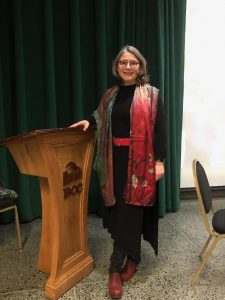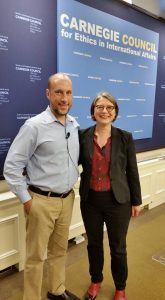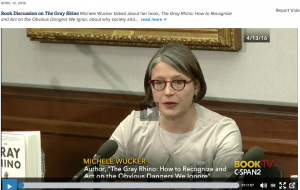Join me alongside many of the world’s leading risk management practitioners for Risk Awareness Week 2022 from October 16-23.
Sign up for my workshop “The Art of Risk Fingerprint Forensics” launching Tuesday, October 18th.
Use THIS LINK for a special discount of 50% off any or all workshops.
ABOUT THIS WORKSHOP
How can we make good risk decisions without understanding the often unspoken influences on how we perceive and respond to dangers and opportunities?
Understanding the reasons behind why each of us –and those around us— see and respond to risk and opportunity the way we do will help you to make better choices. To identify underlying biases and counter them, start by analyzing individual and organizational risk fingerprints: the combination of innate personality or organizational culture, past experiences; and the environment, processes, and habits you create. This session helps you to become more aware of your team’s risk fingerprints and optimize your risk culture by taking them into account.
Learn about some of the surprising reasons -like what you had for lunch or the mix of people in the room- that affect your ability to handle risk wisely. Take away insights about how a diverse set of risk fingerprints can improve your risk taking. Use these ideas to improve teamwork and negotiation skills through risk empathy.


 C-Span2 BookTV broadcast
C-Span2 BookTV broadcast